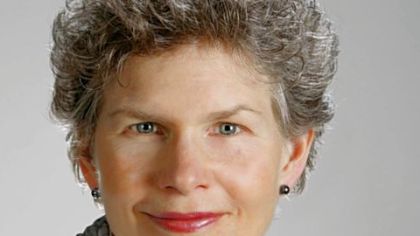There is nothing new in this story from the The Columbus Dispatch. We have reported ad nauseum about the high suicide rate among Bhutanese (really Nepali) refugees first admitted during the Bush Administration. Even before Bush’s Asst. Secretary of State for Population Refugees and Migration, Ellen Sauerbrey, gave the go-ahead to resettle 60,000 from UN camps (the UN wanted to close the camps so we said sure! and now we are up to over 80,000 Bhutanese scattered across America) we learned that the Bhutanese really preferred to live in their own culture in their part of the world.

See our huge archive on the Bhutanese (mostly Hindu) migration to America by clicking here. It goes back nearly eight years to a time when the Bhutanese did not want to be “scattered to the four winds.”
For all of you contemplating ‘welcoming’ refugees to your towns and cities, remember that health care/mental health care costs will be borne by state and local taxpayers.
From The Columbus Dispatch (hat tip: Julie). What is going on in Ohio that there is so much immigration and refugee news coming out of the state (see our Ohio archive)? A suspicious person might think that Ohio was somehow being targeted for colonization!
So they recently surveyed 200 members of the Nepali-speaking Hindu minority who had fled the Himalayan mountain kingdom of Bhutan a quarter-century ago during an ethnic cleansing led by the Buddhist elite.
What they discovered shocked them.
Bhutanese refugees in central Ohio are twice as likely to report thinking about suicide as are those elsewhere in the U.S. They have high rates of anxiety, depression and post-traumatic stress and report that they smoke and use alcohol more frequently than other Bhutanese refugees.
“It’s a serious wake-up call,” said Surendra Bir Adhikari, an administrator for the Ohio Department of Mental Health and Addiction Services who led the research project.
[….]
Between October 2008 and September 2014, 5,654 Bhutanese were resettled in Ohio, including 1,738 in Franklin County. The total population is larger because of the family members and others who have arrived in the state from other parts of the U.S.
Local leaders of the Bhutanese community estimate the total population at close to 20,000, but state officials think it is lower. In 2012, the federal Centers for Disease Control and Prevention found that the suicide rate among Bhutanese refugees resettled in America was 20.3 per 100,000 people. That’s nearly twice the rate among the general U.S. population and higher than the global suicide rate of 16.9 percent.
No jobs and yet we keep the refugee flow coming! Look at the Ohio numbers on this map!
Besides facing language and religious barriers, refugees worry about loved ones and friends left behind. And there’s often a disconnect between their idyllic views of life in America and the difficulties they encounter finding jobs that pay well.
[….]
Much more needs to be done to address the social isolation, substance abuse and trauma experienced by refugees and immigrants, local and state officials say.
They want “mental-health first-aid training” offered to help identify, understand and respond to signs of addiction and mental illnesses in refugees. They’d like to see more health-care systems provide both medical and mental-health services under one roof to lessen the stigma.
There is more, continue reading here.



